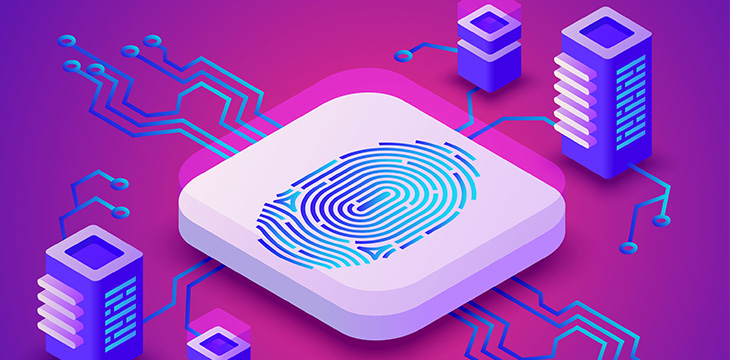|
Getting your Trinity Audio player ready...
|
The University of Surrey announced on May 29 a plan to collaborate with two companies to help protect the National Archives of the United Kingdom through the use of blockchain technology. The plan, nicknamed ARCHANGEL, will use this technology to create a digital fingerprint for each of the records maintained by the government.
This is an extremely ambitious project, to say the least. Not only will blockchain technology be used, but certain portions of artificial intelligence (AI) will also be employed to assist in the protection and avoid the capability of tampering with these records.
The Centre for Vision, Speech, and Signal Processing (CVSSP) will be working with the Open Data Institute and the National Archives to develop what is being referred to as a “highly secure, decentralized computer vision and blockchain based system.”
ARCHANGEL will use blockchain technology while helping to protect and maintain the database for these archives. The system will automatically detect and flag any modifications to the digital public record, whether this is caused by accident or by some malicious attempt to alter the records, and will be backed up “through a proof of authority” protocol within the system.
Professor John Collomosse, who will help lead the project, explained that this new protocol will provide greater security for the archives. “[The system] essentially provides a digital fingerprint for archives, making it possible to verify their authenticity,” adding that, “Everyone can check and add records, but no one can change them. As no data can be modified, the integrity of the historical record remains intact.”
Open Data Institute CEO Jeni Tennison explained what a significant step forward this is in maintaining the authenticity of these records. With the growing need to protect the authenticity of records and to verify that they are authentic, Tennison explained that it is “crucial for the institutions who take care of those records to be able to demonstrate their trustworthiness.”
This is where this technology should make a big difference, as Tennison explained that it is becoming much easier to manipulate these kinds of records.
John Sheridan, who is the Digital Director for the National Archives, added:
“Exploring blockchain technology together with some of the world’s leading archives, the ARCHANGEL project has shown, for real, how archives might combine forces to protect and assure vital digital evidence for the future. ARCHANGEL has been an outstanding partnership that has delivered groundbreaking research into the practicalities of using blockchain to assure trust in large scale digital archives.”

 03-04-2026
03-04-2026 




